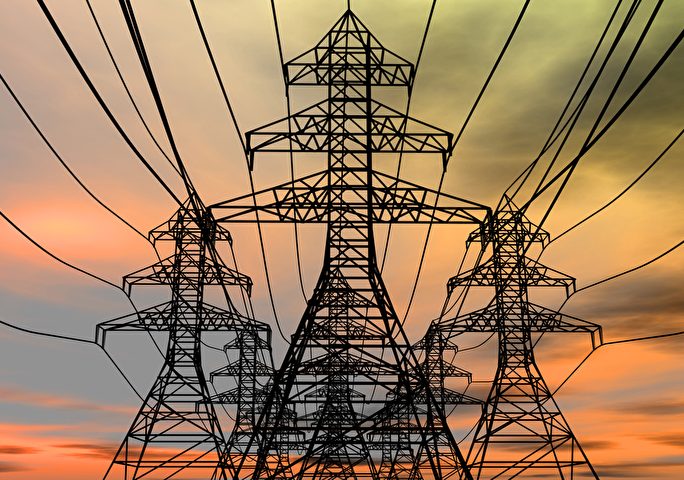Energy Sector: Significant Catch-up Demand for Digitalisation

19 percent of energy companies are still working with completely incompatible IT systems.
This is shown by the “Frends Energy Insight 2024”, for which an independent market research agency conducted 150 online interviews with IT decision-makers in energy generation and energy supply companies in Germany. The study provides a detailed breakdown of the current state of the German energy sector in terms of digitalization and the steps that need to be taken to ensure its future viability.
Above all, the connection of legacy systems plays a critical role in improving the level of digitalisation. This is because incompatible IT systems make it difficult to integrate modern technologies such as smart grids, IoT platforms and AI-based tools. The energy sector in particular is more dependent on real-time data and precise control than almost any other sector. This results in increased operating costs and a reduced ability to innovate.
Automation as a key factor
Comprehensive digitalization of central business areas is crucial for energy suppliers in order to meet the growing demands and challenges of the market. This applies in particular to in-house data analysis and energy management. More than half of those surveyed see a much greater need here than is currently the case. A significantly higher level of digitalization is also required in other business areas, such as energy generation (48%), maintenance and servicing (47%) and metering and billing (44%).
The automation of operational processes is another key factor for efficiency and future viability. “Automated systems enable more precise control of energy networks, improve the integration of renewable energies, increase reliability and support load shifting and energy management on the consumer side,” explains Tom Schröder, Regional Director DACH at Frends. “In addition, automation facilitates compliance with regulatory requirements through continuous monitoring and reporting. This is particularly important in an increasingly liberalized energy market, where companies need to react flexibly and quickly to market changes in order to ensure their long-term competitiveness.
Artificial intelligence for more car automation
Predictive maintenance strategies help to identify potential problems at an early stage and proactively rectify them before costly breakdowns occur. AI technologies are able to consolidate and analyze data. As a result, company managers can initiate or optimise intelligent decisions and automation processes based on valid information and precise forecasts. This ultimately leads to better energy management, reduces downtimes and supports the integration of renewable energies and thus sustainable corporate management.
59% of the companies surveyed in the German energy sector already use AI for automation. A quarter of those surveyed already use AI in all departments. Two thirds use AI, but not yet everywhere.
Integration platforms in the energy sector support the integration of incompatible IT systems, the automation of operational processes, the integration of modern technologies such as artificial intelligence and adherence to cybersecurity and compliance requirements. Seamless system integration and process automation enable both increased process efficiency and improved adaptability to market changes.